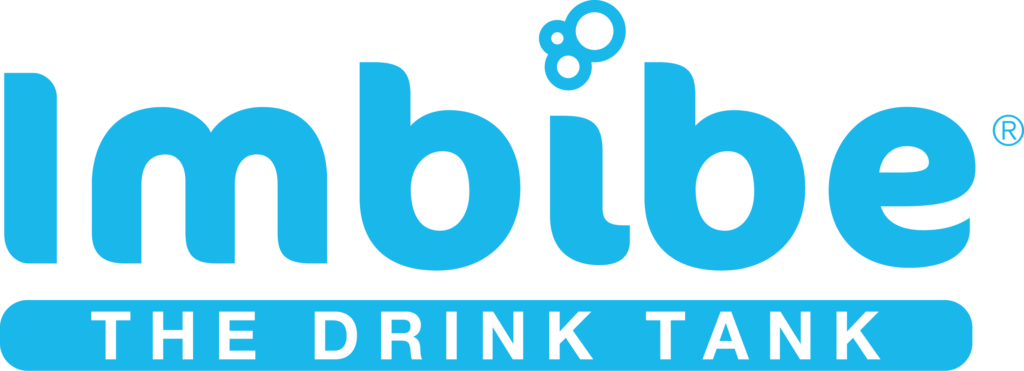In a significant move to enhance food safety and transparency, U.S. Health and Human Services Secretary Robert F. Kennedy Jr. has proposed reforms to the “Generally Recognized as Safe” (GRAS) rule. This initiative aims to close a loophole that has allowed food companies to introduce new ingredients without formal FDA review or public disclosure. The GRAS system, established in 1958, permits companies to self-affirm the safety of their additives, thus bypassing the FDA’s premarket review if deemed “generally recognized as safe” by qualified experts.
A few examples of self-affirmed GRAS ingredients:
CellX’s morel mushroom mycelium
Zynamite by Nektium, for mental and physical energy
PurGinseng by Applied Food Sciences
Cognizin for cognitive health by Kwoya Hakko
Impact on the Food and Beverage Industry
Kennedy’s directive could dramatically reshape how companies introduce new food ingredients to the U.S. market. By mandating FDA review and approval for all GRAS determinations, the proposal seeks to ensure that all food additives are subject to regulatory oversight, enhancing consumer trust and safety. This change could lead to increased compliance costs and longer product launch timelines for manufacturers, as they would need to submit safety data for FDA evaluation before marketing new ingredients.
Consumer and Industry Perspectives
While consumer advocacy groups welcome the increased oversight, some industry stakeholders express caution about the potential impact on innovation and product development. The Consumer Brands Association has indicated a willingness to collaborate with the FDA on ongoing assessments of safe ingredients, emphasizing the importance of transparency. However, critics argue that without substantial resources allocated to the FDA, these reforms may face implementation challenges.
While it’ll be crucial to balance regulatory compliance with innovation and consumer trust, food and beverage manufacturers are unlikely to experience significant regulatory changes related to this reform in the next 12 months for a few reasons.
- The directive is currently in an exploratory phase.
- The announcement notes “there is no immediate effect on ingredients currently marketed…”
- Rulemaking is a lengthy process. The process of issuing new rules often takes years to propose and then finalize. Notably, “no timeline for agency action was given.”
While the product development landscape may feel uncertain, Imbibe offers a reliable path forward. We expertly navigate both GRAS and self-affirmed GRAS ingredients to support your innovation pipeline, ensuring your products meet the safety and benefit expectations of today’s consumers. Contact us today to explore how our flavor and formulation expertise can bring your next successful product to market.



